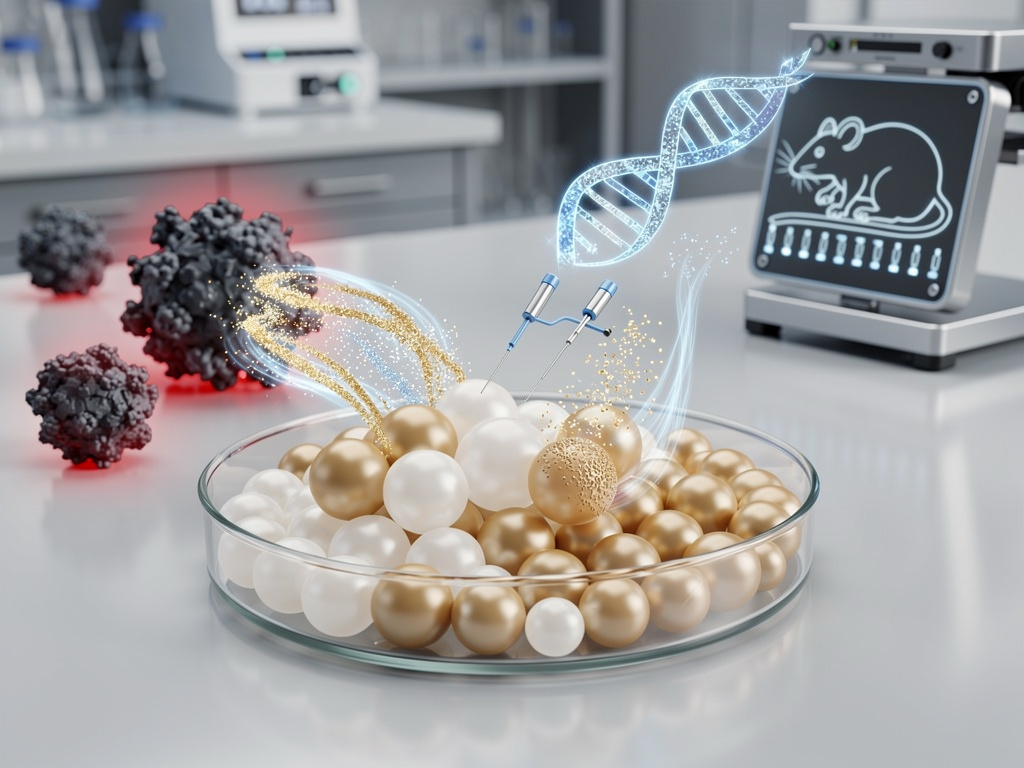A collaborative effort between the National Institutes for Quantum Science and Technology (QST) and Tokyo Metropolitan University has led to the development of a groundbreaking biomaterial. This innovation has the potential to transform treatment for muscle degeneration and metabolic disorders, which affect millions around the world.
The newly engineered biomaterial, designed to mimic the properties of slow-twitch muscle fibers, is a significant advance in regenerative medicine. Researchers believe that this soft gel can facilitate a more effective approach to healing and regeneration, particularly for individuals suffering from conditions that lead to muscle atrophy.
Potential Applications in Health Care
The implications of this biomaterial extend beyond mere muscle repair. According to the research team, the gel could also play a vital role in addressing metabolic disorders. These disorders can lead to serious health issues, including obesity and diabetes, which are increasingly prevalent in modern society.
The biomaterial operates by fostering an environment conducive to muscle cell growth and repair. This is achieved through its unique composition, which allows it to interact beneficially with surrounding tissues. As a result, this innovation may not only aid in recovery but also enhance overall metabolic function.
Future Research and Development
While the initial findings are promising, further research is essential to fully understand the biomaterial’s capabilities. The team plans to conduct extensive testing in clinical settings to evaluate its safety and efficacy in human patients. This stage of development will be crucial in determining how quickly the material can be integrated into standard medical practices.
The researchers are optimistic about the future. They aim to collaborate with healthcare professionals to explore various treatment options that could incorporate this biomaterial. With ongoing advancements in biotechnology, the potential for addressing muscle degeneration and metabolic disorders appears more reachable than ever.
As this research progresses, it highlights the importance of interdisciplinary collaboration in science. The partnership between QST and Tokyo Metropolitan University exemplifies how combining expertise from different fields can lead to innovative solutions for complex health challenges.
In summary, the development of this biomaterial marks a significant step forward in regenerative medicine. By addressing muscle degeneration and metabolic disorders, it has the potential to improve the quality of life for countless individuals.






